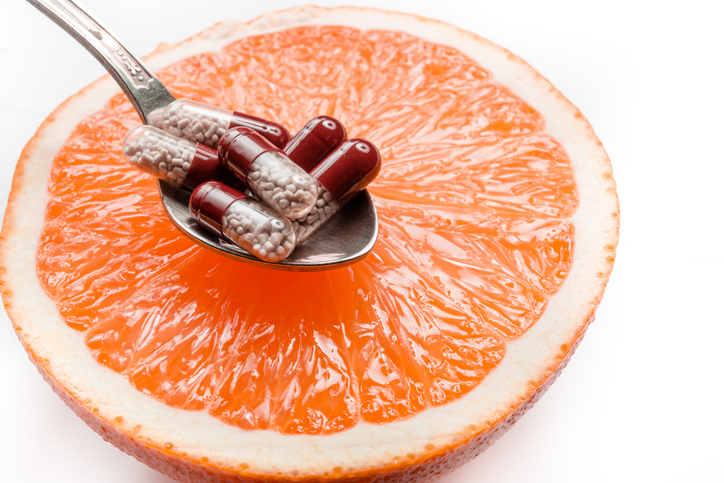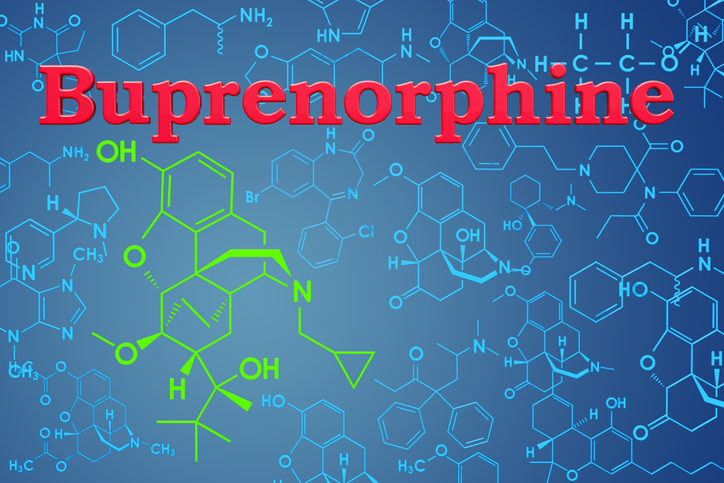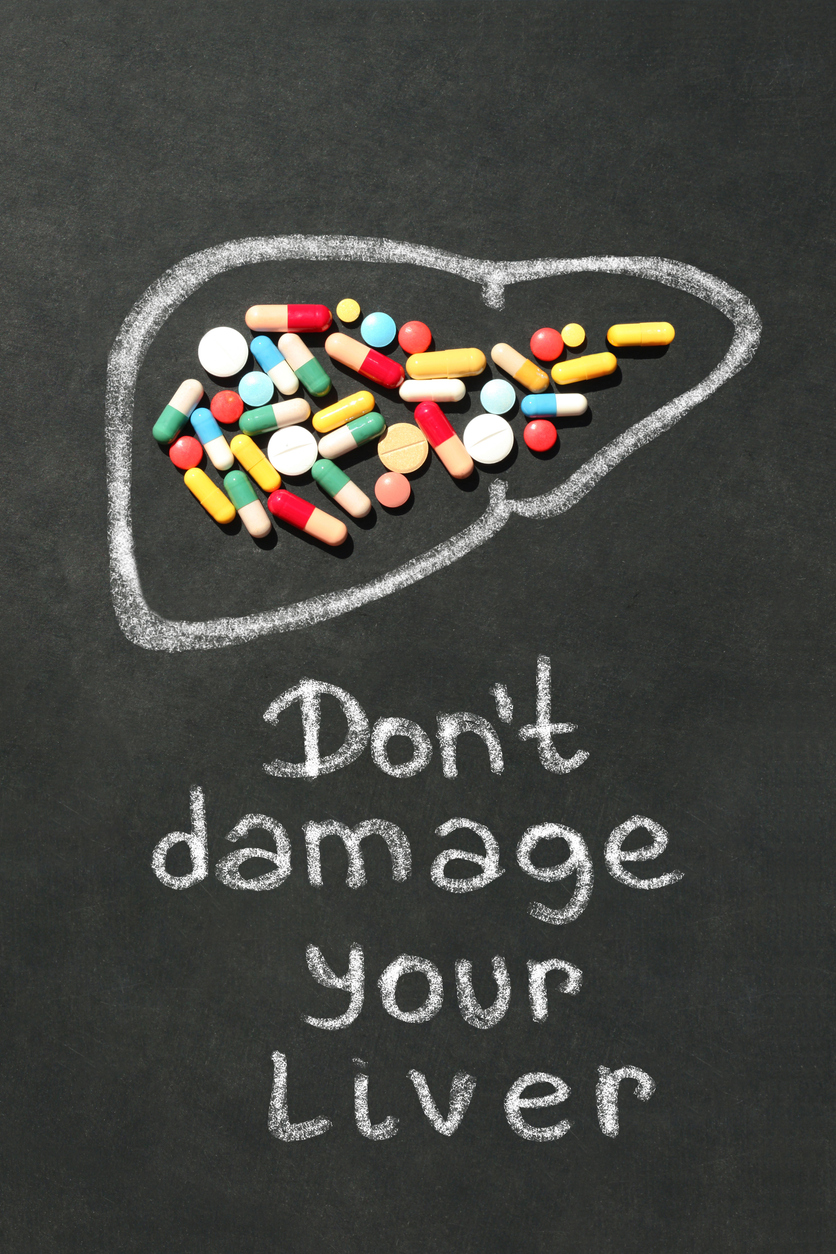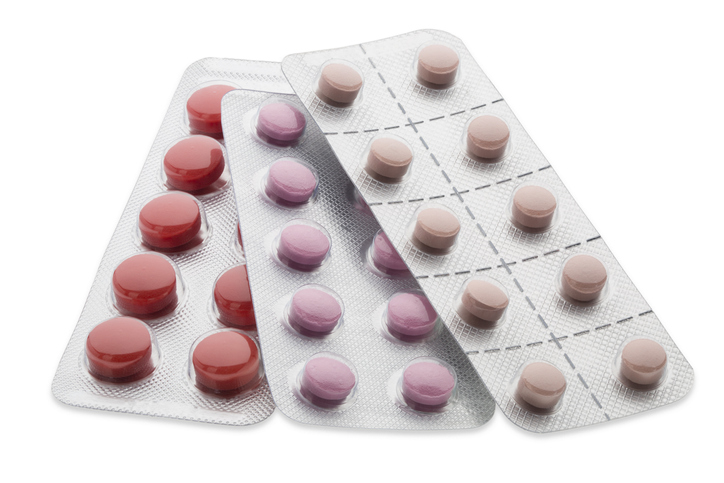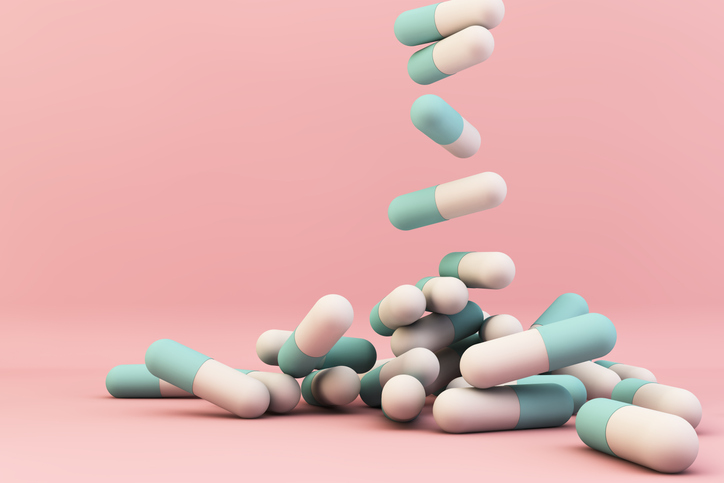Treatments
Caffeine and Medication

Caffeine is a central nervous system stimulant found in many products, including tea leaves, coffee beans, kola nuts (used in colas), cacao pods (used in chocolate) and more. It can also be made synthetically for use in products such as energy drinks and supplements. Most adults can safely consume approximately 400 grams of caffeine per day (the equivalent of four cups of coffee).
Effects of caffeine
- Stimulates the central nervous system
- Increases blood pressure
- Increases urination (diuretic)
- Increases acid in the stomach (which may cause heartburn)
- Interferes with the absorption of calcium
Side effects of too much caffeine consumption
Caffeine and medication
Caffeine can affect how certain medications work, such as blocking therapeutic effects, increasing or decreasing the time it takes to break down a medication, or increasing the amount of medication absorbed in the body. Certain medications can also affect the way caffeine works in the body, such as decreasing how quickly the body breaks down caffeine, which means the effects and side effects of caffeine last longer.
How caffeine can affect medication uptake
- Blocks the effects of certain medications. Examples include adenosine and dipyridamole (drugs often used during cardiac stress tests) and pentobarbital.
- Reduces the amount of time it takes the body to break down certain medications, which may increase both the effects and side effects of the medications. Examples include clozapine, riluzole, theophylline, flutamide, antidepressants, and nonsteroidal anti-inflammatory drugs (NSAIDs).
- Increases the rate at which medications are metabolized, which may reduce their effectiveness. Examples include carbamazepine, ethosuximide, felbamate phenobarbital, phenytoin, valproate, levothyroxine, and lithium (Note: Stopping the use of caffeine too quickly may increase the side effects of lithium, so it is best to gradually decrease caffeine intake.)
How medication can affect caffeine uptake
- Slows the body’s metabolizing of caffeine, thereby increasing the risk of caffeine’s effects and side effects (e.g., jitteriness, headache, and increased heart rate, etc.). Examples include quinolone antibiotics, cimetidine, fluvoxamine, fluconazole, mexiletine, metformin, methoxsalen, phenothiazines, ticlopidine, disulfiram, estrogens, verapamil, birth control pills, terbinafine, and antidepressants.
- Decreases how quickly the body gets rid of caffeine, which may increase the effects and side effects of caffeine. Examples include disulfiram, estrogens, fluvoxamine, verapamil, birth control pills, terbinafine, and antidepressants.
Other interactions of note
- Because caffeine is a stimulant, taking it with other stimulants, such as ephedrine, amphetamines, or phenylpropanolamine, should be avoided as it can overstimulate the nervous system and cause heart issues.
- When combined with monoamine oxidase inhibitors (MAOIs), the risk of serious side effects, such as increased heart rate and blood pressure, is increased.
- Caffeine can increase the amount of pioglitazone that is absorbed into the body, which may increase the effects of the medication.
- Caffeine can slow blood clotting, which may increase the risk of bruising and bleeding when taken with anticoagulant/antiplatelet drugs.
- Because some asthma medications (beta-adrenergic agonists) can stimulate the heart, caffeine should be avoided while taking them. The combination can cause too much stimulation.
- Since both caffeine and diuretics can decrease potassium levels, the combination should be avoided, as potassium levels may drop too low.
- Caffeine may affect blood sugar levels; diabetes medication may need to be adjusted.
- Some studies show that when taken in combination with opioids, caffeine increases their effects.
Consulting a health care provider regarding possible interactions between caffeine and medications is recommended.
Additional sources: HealthCentral, Verywell Health, and The Seattle Times



